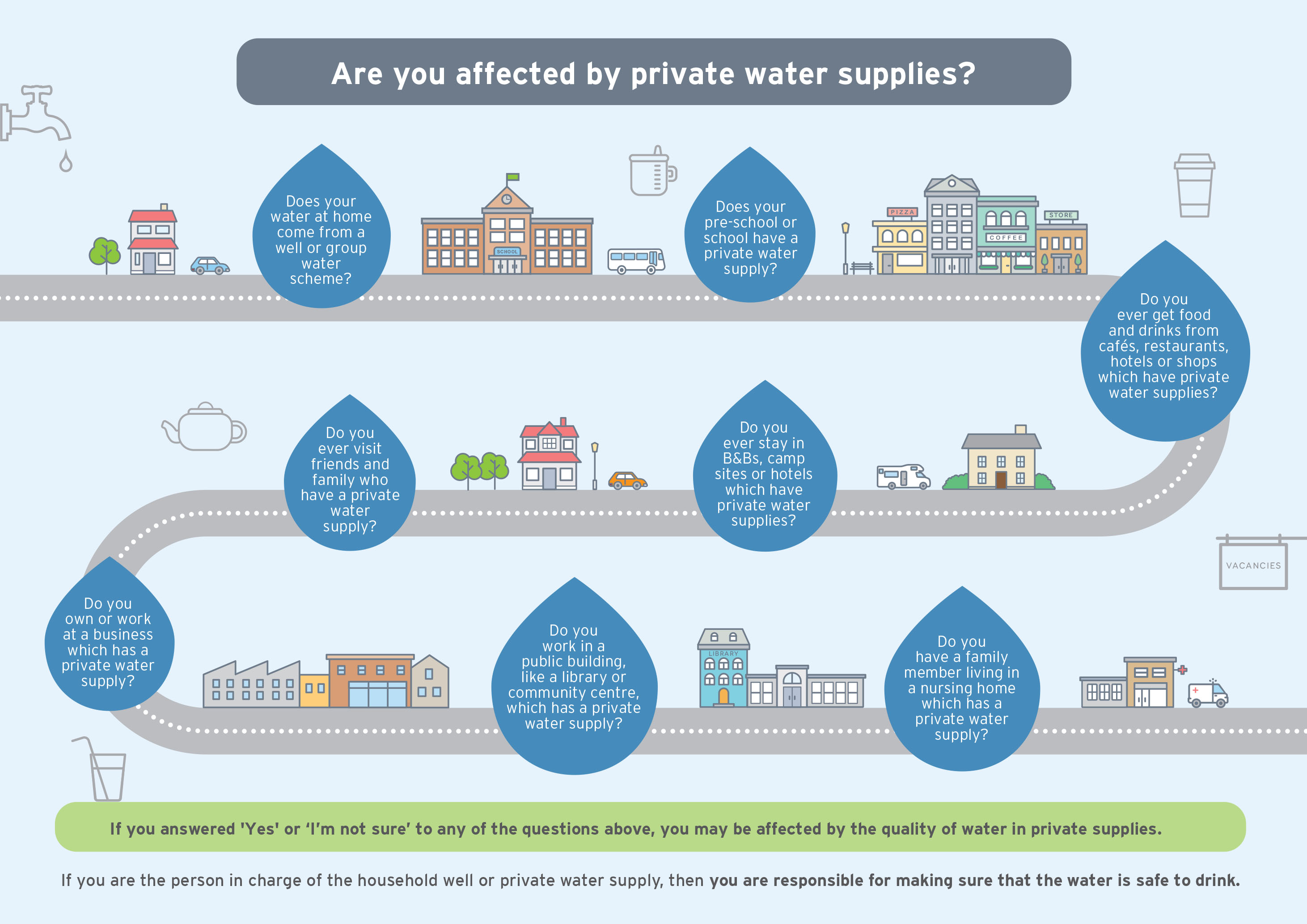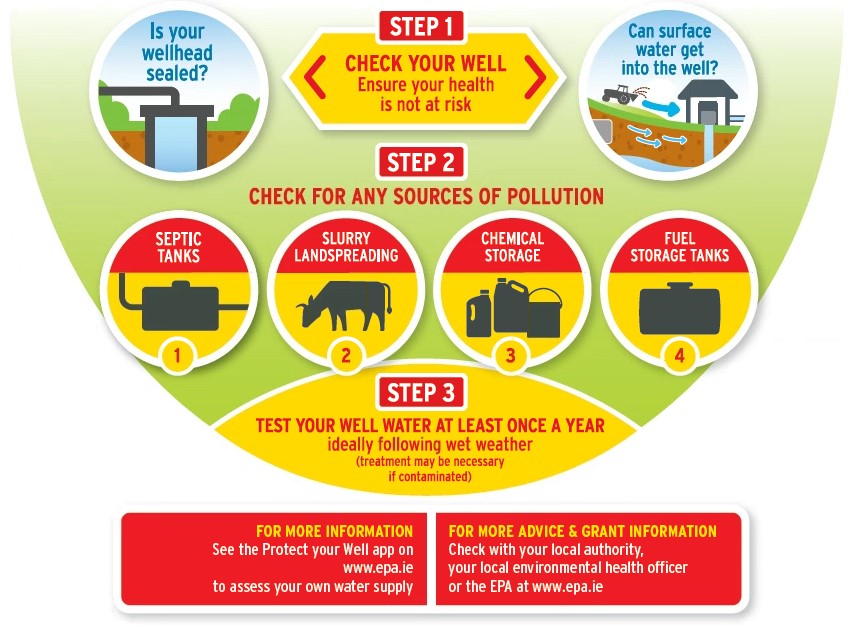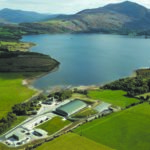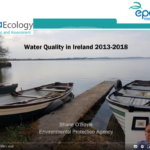The EPA Drinking Water Quality in Public Supplies Report 2018, released…
E. coli found in 1 in 20 private water supplies, says EPA
22 February 2022: The EPA has released the Drinking Water Quality in Private Group Schemes and Small Private Supplies 2020 report. Drinking water is provided by over 380 group water schemes to approx. 200,000 people across rural communities. Over 1,700 small private supplies (premises like hotels, pubs and restaurants, crèches, nursing homes and national schools) also provide water to staff, customers and service users on a daily basis.
Meeting E.coli standards is a basic requirement of safe drinking water. In 2020, twenty of the 380 private group schemes (serving more than 2,900 people), and 49 of the 1,225 small private supplies monitored, were found to have E.coli contamination. These failures, at 1 in 20 private water supplies, are of significant concern and put the health of the consumer at risk.
- The quality of drinking water in private supplies is not as good as it should be – according to the EPA’s the Drinking Water Quality in Private Group Schemes and Small Private Supplies 2020 report
- 95 per cent of private group water schemes and 96 per cent of small private supplies complied with E.coli standards
- 93 per cent of Private Group Schemes complied with the Trihalomethanes standard
- Over one quarter of Small Private Supplies were not monitored by Local Authorities

Consumers should expect, as a minimum, that their water is safe to drink. However, compliance with the E.coli standard is not as good as it should be for water from private group water schemes and small private supplies. It is essential that works to improve water quality are carried out as soon as possible to eliminate the serious risks to people’s health. Water suppliers are obliged to make sure drinking water is clean and wholesome for consumers
Dr Tom Ryan, Director of the EPA’s Office of Environmental Enforcement
Trihalomethanes (THM) are a by-product of the chlorine disinfection process and are formed where there is an excess of organic matter in the water source. Water suppliers should keep THM levels within the drinking water standards to avoid any possible health impacts from long term exposure. Twenty-two private group schemes (7 per cent) failed to meet the standard for THM, including seven schemes that the European Commission has identified as being of particular concern.
The report also shows that over one quarter of small private supplies, serving food businesses, nursing homes, crèches and B&Bs, were not monitored in 2020.
We recognise that, in many cases, the failure to monitor these premises was due to difficulties in accessing premises during Covid-19 restrictions. However, it is vitally important that Local Authorities ensure all water supplies are monitored annually to provide assurance to consumers that their drinking water is safe
Noel Byrne, Programme Manager of the EPA’s Office of Environmental Enforcement
To address failures in drinking water quality due to deficiencies in infrastructure, the Department of Housing, Local Government and Heritage makes funding available through the Multi Annual Rural Water Programme. Upgrade works should be progressed without delay at those Private Group Water Schemes which have identified as a priority in order to improve the drinking water quality of these supplies.
Learn more:
The report is available on the EPA website.








